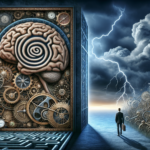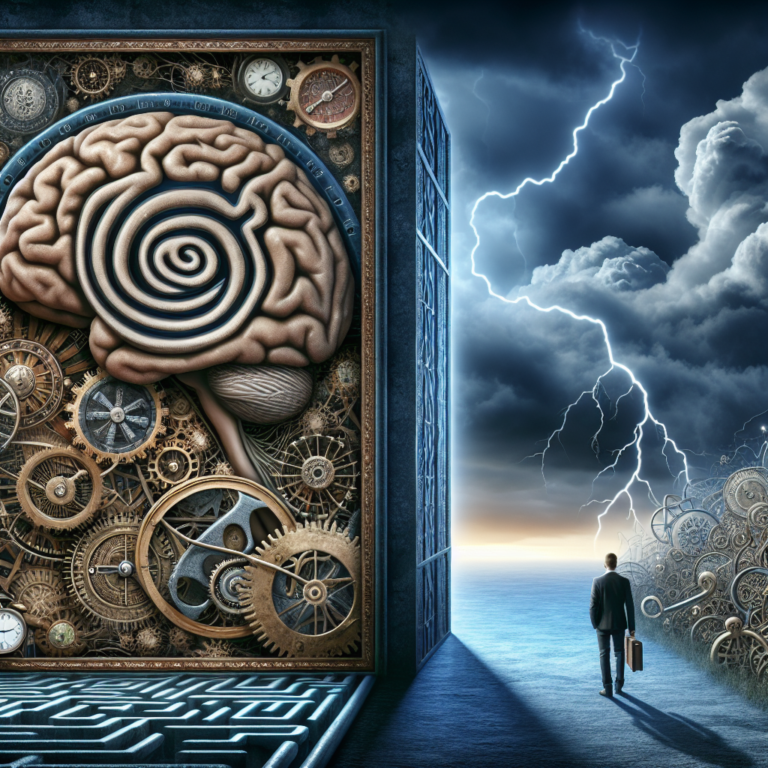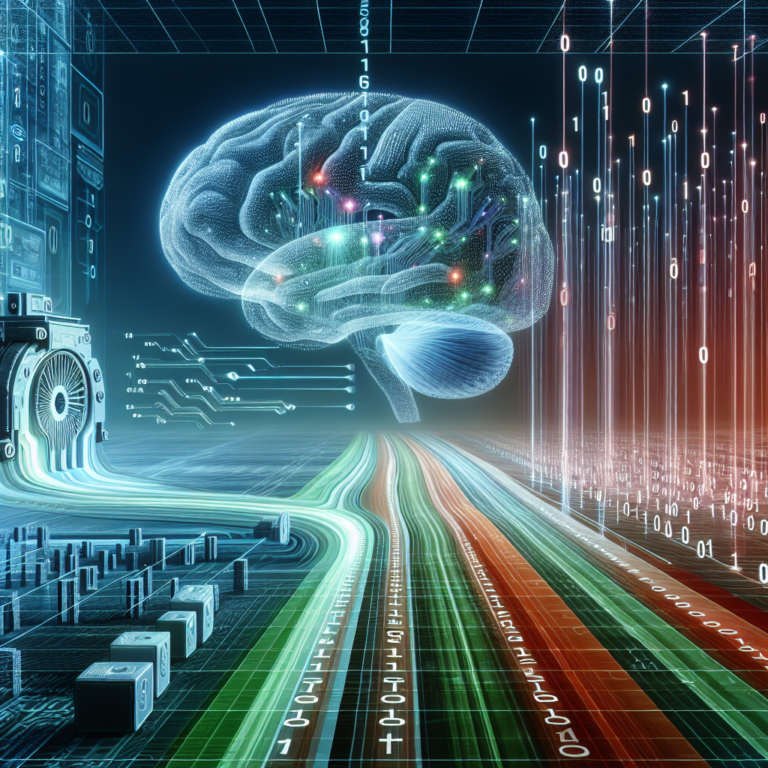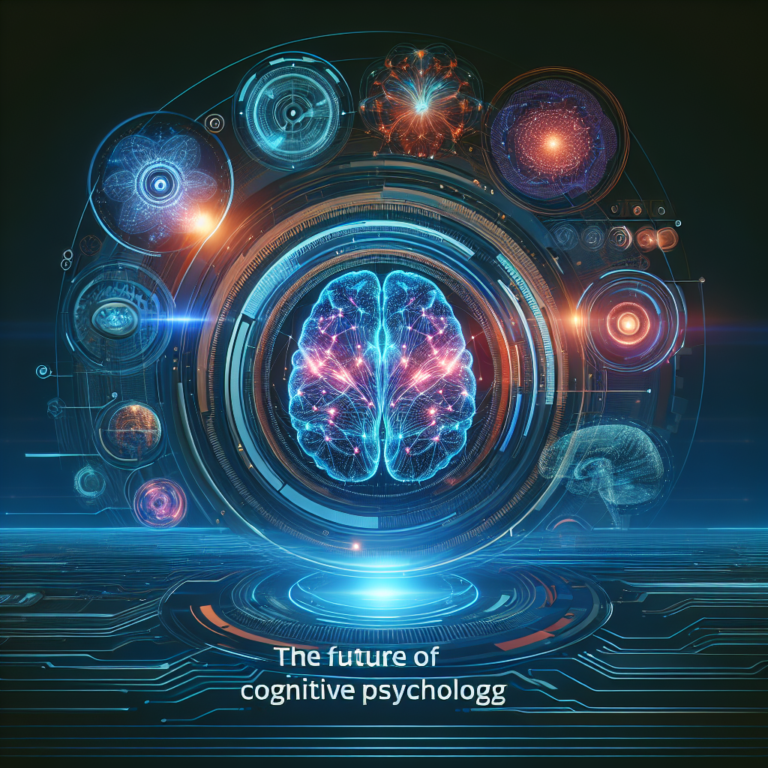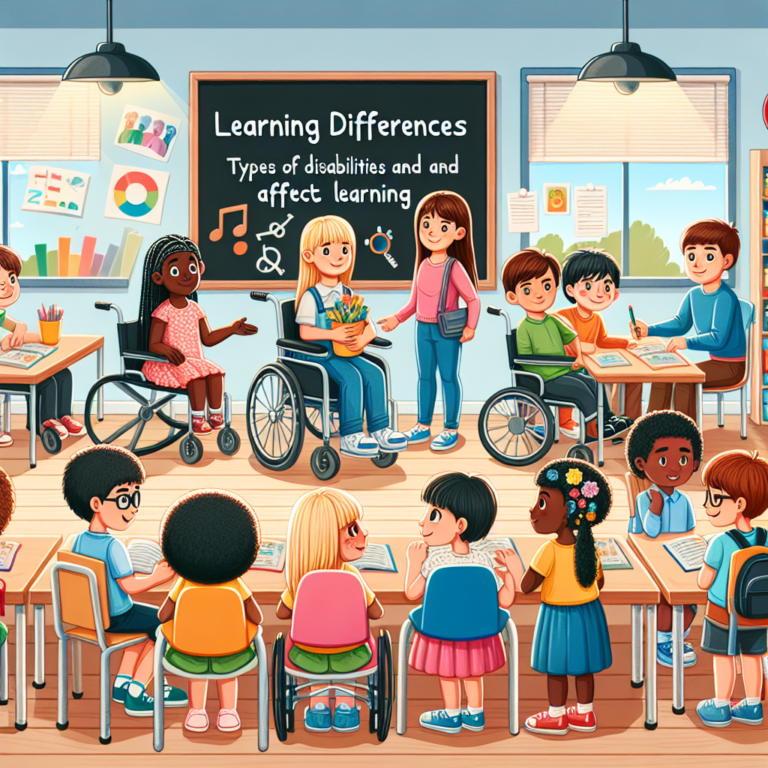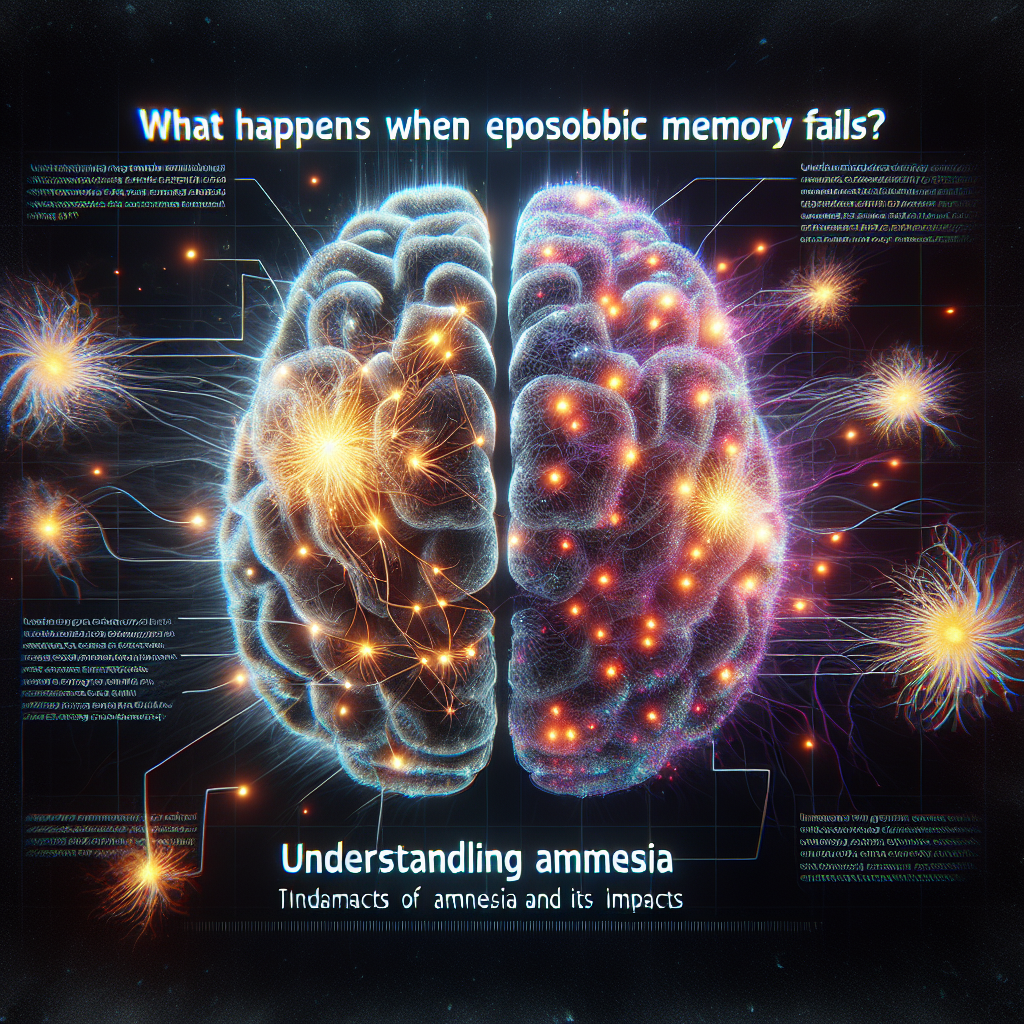
Introduction
Imagine waking up in a world where cherished memories have faded into oblivion, where the very essence of who you are slips through your fingers like sand. This is the poignant reality faced by millions dealing with amnesia and memory loss. The question that haunts them and their loved ones is, What Happens When Episodic Memory Fails? Understanding Amnesia and Its Impacts. In this in-depth exploration, we will unravel the enigmatic realm of episodic memory, the ways in which it can fail, and the profound implications for those affected.
By shedding light on this critical topic, we hope to increase awareness and understanding, empowering individuals to find empathy and solutions in the face of memory loss.
Understanding Episodic Memory
Episodic memory is the cognitive ability that allows individuals to store, retain, and recall personal experiences and specific events in time. This mental construct not only helps shape our identities but connects us to the people and moments that define our lives. But what happens when this intricate web of memory unravels? Let’s delve deeper into the mechanisms of episodic memory, its importance, and how it may fail.
The Science Behind Episodic Memory
Episodic memory is governed by several key neural structures in the brain, particularly the hippocampus, prefrontal cortex, and various regions within the temporal lobe.
- Hippocampus: Critical for forming new episodic memories and consolidating them.
- Prefrontal Cortex: Involved in organizing, retrieving, and reflecting on episodic memories.
- Temporal Lobe: Plays a role in the perception of time and the retrieval of long-term memories.
Understanding these structures is vital for comprehending the consequences that arise when episodic memory fails.
Types of Amnesia
Amnesia can be broadly categorized into various types, each impacting the individual differently.
Anterograde Amnesia: Difficulty in forming new memories after an event, often associated with damage to the hippocampus.
Retrograde Amnesia: The inability to recall memories formed prior to an event, which may stem from trauma, stroke, or degenerative diseases.
Transient Global Amnesia: A temporary episode of memory loss that cannot be attributed to a neurological condition.
- Childhood Amnesia: The phenomenon where adults are unable to recall memories from their early childhood.
What Happens When Episodic Memory Fails?
When episodic memory fails, the impact can be overwhelming. The person may find themselves adrift in a sea of confusion, unable to grasp essential aspects of their identity.
Personal Identity and Memory
Memory, particularly episodic memory, is a cornerstone of personal identity. Research has shown that our sense of self is intricately tied to our recall of past experiences. In a landmark study by K.J. Luminet et al. (2021), it was demonstrated that individuals with amnesia often face challenges in forming new relationships, as they struggle to connect past experiences with present circumstances.
Case Study: Clive Wearing
One of the most compelling examples of the severe impact of episodic memory failure is the case of Clive Wearing. A well-known musician and musicologist, Wearing contracted a herpes virus that attacked his brain, leading to profound amnesia. He lives with anterograde and retrograde amnesia, unable to form new memories and recalling only fragments of his past.
- Analysis: Clive’s case illustrates the human cost of memory loss. His wife, whom he loves deeply, remains a stranger to him, reflecting how the fabric of relationships can tear when memory fades.
Cognitive and Emotional Implications
The impacts of memory failure can extend far beyond mere forgetfulness. Individuals with amnesia may experience significant emotional distress, anxiety, and depression.
Cognitive Strain
Patients may find it difficult to complete daily tasks or make decisions, hampered by the lack of episodic memory. This cognitive strain often exacerbates feelings of frustration and helplessness.
Emotional Toll
In a study conducted by K.M. Squire (2020), it was found that emotional well-being is significantly linked to memory. Participants who suffered from episodic memory loss reported elevated levels of isolation and sadness, echoing the emotional weight of their condition.
The Impacts of Amnesia on Relationships
When episodic memory fails, the ripple effects can be seen in relationships, both personal and professional. Understanding What Happens When Episodic Memory Fails? Understanding Amnesia and Its Impacts sheds light on how these dynamics shift.
The Loss of Connection
Relationships often rely on shared experiences, and amnesia can create a chasm between individuals. Family members may feel helpless or frustrated, struggling to communicate with their loved ones who can no longer recall treasured moments.
- Case Study: The Family of a Dementia Patient
Families of individuals with dementia frequently report feelings of grief and loss, even before their loved ones have passed. The struggle to reconcile with a loved one who can no longer remember shared family events can lead to heartache and a breakdown in family dynamics.
Professional Consequences
In a workplace setting, the failure of episodic memory can significantly impact performance. Tasks that once seemed simple may now pose a daunting challenge for those with amnesia.
- Table: Impact of Amnesia on Work Performance
| Area | Impact |
|---|---|
| Task Management | Difficulty recalling procedures |
| Communication | Inability to follow-up on conversations |
| Relationship with Colleagues | Isolation from team dynamics |
Case Study: A Teacher’s Journey
Consider the story of a teacher who developed retrograde amnesia after an accident. While she retained the ability to teach, her inability to recall past interactions with students led to confusion and a lack of engagement in her classroom.
- Analysis: This scenario illustrates the professional challenges and emotional barriers faced by individuals in the workforce dealing with memory loss.
Strategies for Coping with Memory Loss
Recognizing the profound impacts of episodic memory failure, it’s essential to explore strategies that can help individuals and families cope with amnesia.
Cognitive Rehabilitation
Cognitive rehabilitation focuses on exercises and strategies to improve memory function.
- Techniques Include:
- Use of memory aids (calendars, reminders)
- Engaging in memory exercises
- Establishing structured routines
Support Networks
The role of support networks cannot be understated.
Role of Caregivers: Caregivers offer emotional support and help facilitate memory integration through familiar stimuli.
- Support Groups: Connecting with others who experience similar challenges can provide a sense of community, reducing feelings of isolation.
Conclusion
Exploring What Happens When Episodic Memory Fails? Understanding Amnesia and Its Impacts reveals a multifaceted landscape of challenges and emotional turmoil. While memory failure can disrupt identities and relationships, understanding these changes allows individuals and families to find pathways to cope and adapt.
Though the loss can feel insurmountable, it is essential to remember that hope exists—and support can make a world of difference.
FAQs
1. What is the difference between anterograde and retrograde amnesia?
Anterograde amnesia involves difficulties in forming new memories after a traumatic event, while retrograde amnesia refers to the loss of pre-existing memories.
2. Can amnesia be treated?
While there is currently no cure for certain types of amnesia, cognitive rehabilitation and memory strategies can help individuals cope.
3. How can families support loved ones with amnesia?
Families can support their loved ones by offering emotional support, using memory aids, and establishing structured routines to aid recollection.
4. Is memory loss a sign of aging?
While some memory loss can occur due to aging, significant or progressive memory loss is usually not a normal part of aging and should be evaluated by a healthcare professional.
5. Are there any breakthroughs in memory research?
Researchers are exploring various avenues, including neuroplasticity and technological innovations, to promote memory recovery and improve the lives of those affected by amnesia.
In digesting the complexities surrounding What Happens When Episodic Memory Fails? Understanding Amnesia and Its Impacts, we uncover not only the struggles faced by individuals but also the resilience that emerges. By fostering understanding and empathy, we can pave the way for supportive communities that stand with those navigating the complexities of memory loss.


